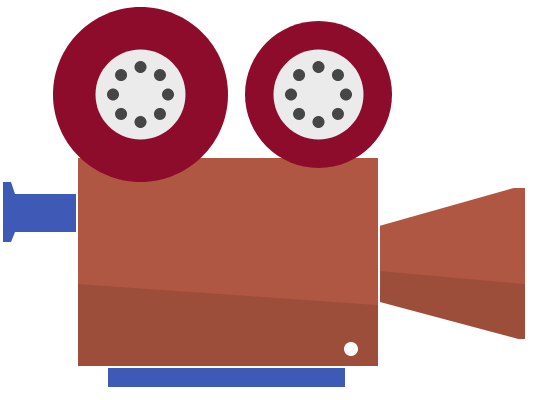Things People Say About Mental Illness/Mental Health That Don’t Work
- “It’s not so bad.”
- “Calm down.”
- “Focus on the positive.”
- “Have more gratitude.”
- “No one is going to love you if you don’t love yourself.”
- Offering solutions when you just need to talk and vent.
- “You don’t seem crazy.”
- Using terms like “crazy” or “OCD” or “ADD” or “bipolar” in loose ways.
- People who feel bad for you if you are treating a mental illness (with medication or therapy), rather than feeling bad about having the actual illness.
- “I’d never be able to do THAT,” referring to therapy/medication/life-saving surgeries.
Quotes
B: Most people are very uncomfortable dealing with pain. Any sort of mental health conversation, mental illness conversation, usually turns into an exercise in changing the topic because people are not comfortable talking about pain.
B: If you say you’re depressed, someone will immediately say, ‘It’s not so bad.’ And the translation, what’s we’re hearing, is, ‘Your experience is not valid.’
M: I hear constantly—and it really triggers me when people say this—‘calm down.’ I hate when people say, ‘calm down.’
M: The no-one-is-going-to-love-you-if-you-don’t-love-yourself thing? It might be true—being around someone who is miserable is miserable, and it’s going to be hard for someone—but that’s not really helping me. Sometimes, I was really depressed over being alone and not really having someone to share my life with, and the response was always, ‘Well, you have to learn to love yourself first!’ Well, oh, thank god for telling me, now I’ll just start loving myself!
B: Privilege often leads us to believe that there are easy answers for these problems because we have never faced the difficulty of these problems ourselves. Obviously, as a heterosexual white male, I deal with privilege, and it took me listening to other people talk about how complicated these problems are. Well, we have to realize that not having a disability, not having mental illness, is also a privilege. Not having a disability, not having a mental illness, you need to take a hard look at what other people are saying the complicated parts of these problems are. In your privilege of not being disabled or having a mental illness, you are not naturally going to arrive at these conclusions.
B: This one is almost always meant as a compliment: ‘You don’t seem crazy!’ I’m never quite sure what to make of that. I guess what you’re really saying when you say that is, ‘I have expectations for how someone with your condition will behave.’ Also implied with that is, ‘I will always be looking for ways that you fit that stereotype.’
M: Using things like OCD to say, ‘Oh, I’m so OCD about that.’ That’s an actual thing. When you have to manage that you have obsessive compulsive disorder and it interferes with their life. So you having to line up all the red M&Ms doesn’t mean you have OCD.
B: I have bipolar disorder, and there are still a lot of people who say, ‘Oh, I just changed my mind, I must be bipolar.’ … For the most part, physical conditions don’t get this treatment. You don’t hear people saying, ‘Don’t bother inviting me to lunch today, I have stage three pancreatic cancer today,” you know?
B: I still routinely talk to people who feel bad for me not because I have a mental illness, but because I am treating it. They feel bad for me because I’m on the medication and the medication is just so terrible.
M: When I talk about having gone to therapy, which is similar to the medication. People tend to feel sorry for me when they find out that I have to talk to people about my problems, or if someone says something along the lines of, ‘I would never be able to do that.’ That’s so weird to say. You’d never be open to the possibility that you need to talk to someone, you’d never be open to the possibility that maybe you need to do that?
